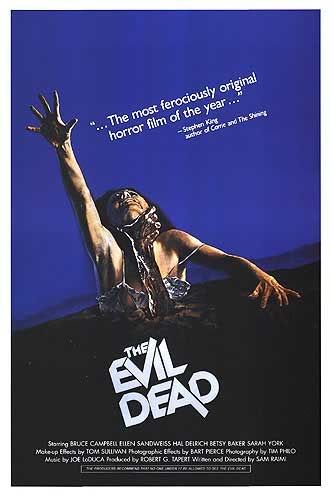Crowded House “Intriguer” (Concorde Music Group 2010) picks up where their 2007 release of “Time On Earth” left off with a similar approach of introspective lyrics and solid output of sound.
Finn is one of those musicians who always has his finger in a stew of collaboration and always working in his Roundhead studio in Auckland, New Zealand. Over the years, Finn has been known to collaborate with an endless list of list of notable musicians, surrounding himself with many of the artists he enjoys and can feed off such as members from Wilco, Radiohead, Eddie Vedder and Johnny Marr from Cure fame. The choice of adding Mike Hart on backup keys, vocals and guitar and Matt Sherrod on drums has given the group a solid foundation to create the quality of sound that Finn has been arranging through his solo days and collaboration with others.
Always the lyricist and creative instigator, Finn matches the mood of his songs with his talented band mates by creating rich and layered songs that will pique interest in his songwriting to new listeners. The band’s musicianship elegantly shines, adding depth and clarity to the backing vocals and sound effects with the help of producer Jim Scott who has worked with the likes of Radiohead, Wilco and earning a Grammy producing “Californication” by the Red Hot Chili Peppers.
The latest release adds 16 news songs to the many ranges of style that the Crowded House catalogue has amassed over the years. Additional material on the Deluxe copy of the album includes a DVD of videos recorded in Finn’s home and some show material at Auckland Town Hall in Finn’s homeland of New Zealand. Fans of the Crowded House will be happy to see a live version of one of the oldie but goodies, “Don’t Dream (It’s Over)” and Neil donning a debonair new stash.
Finn gets everyone around him involved, adding the usual suspects of special guests to the mix including Finn’s son Liam and his wife Sharon who add guitar and background vocals respectively on “Isolation” – a song with warm and echoing voices surrounded by fluttering organ keys which ends by bursting into a high pitched chaos.
“Amsterdam” saunters through the streets, taking the listener on a slow and plodding jaunt and leaving the listener with a bad taste in their mouth and a sense of paranoia with lyrics: and the rain came hard / a million people on a protest march / every choice, every path was mistaken”.
The slow pace of the song puts a damper on the mood, setting the stage in a torrential downpour of emotion, shaking things up with a certain sense of uncertainty with fluttering organ keys. Finn paints the setting as a place where no one can be trusted, even the storyteller on the song; “every temptation, and device / all the diamonds and the spice / I would give anything for the sight of an honest man”.
The familiar Crowded House-esque standards can hook the listener in on such revelatory and chipper songs like “Twice If You’re Lucky” which starts off with beautiful keyboard melodies and harmonies with keyboardist Hart, reminiscent of the range of Finn’s brother, and ex-Crowded House member, Tim Finn. Songs like “Archer’s Arrow”, with fluttering keys may even resemble those on “Private Universe,” a song from the group's fourth studio album Together Alone.
Although “Intriguer” flows with beautiful music and lyrics, the moodiness of the songs can seem unrelenting, but this album is worth listening to a few times to catch the subtle and amazing craftsmanship that Finn (and now Crowded House) are known for.

